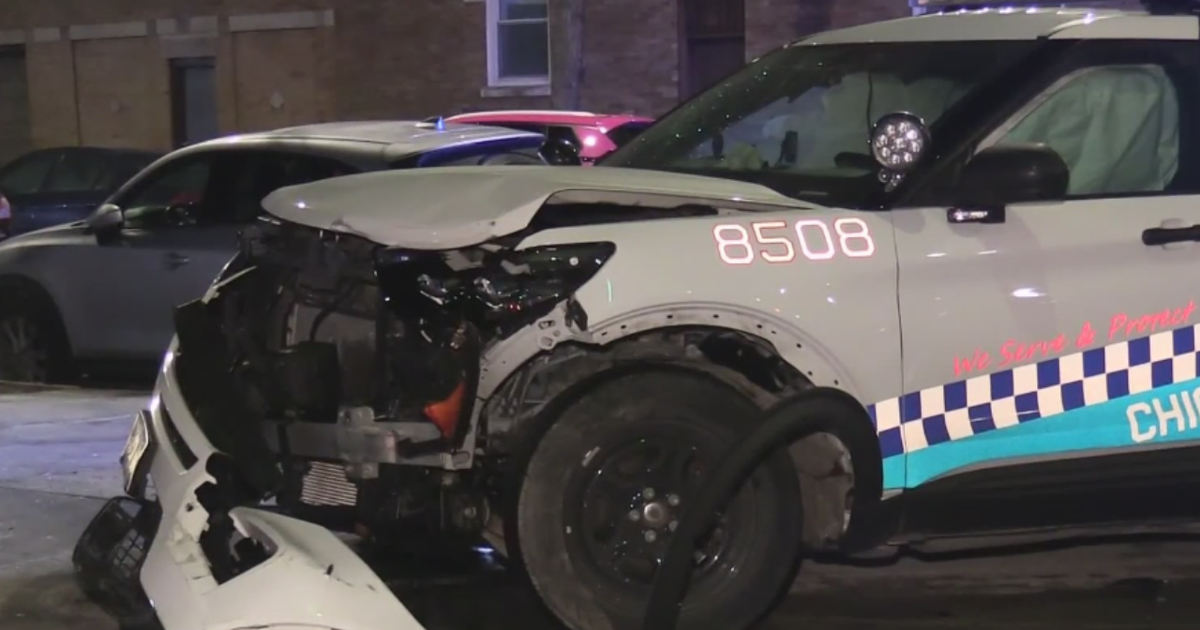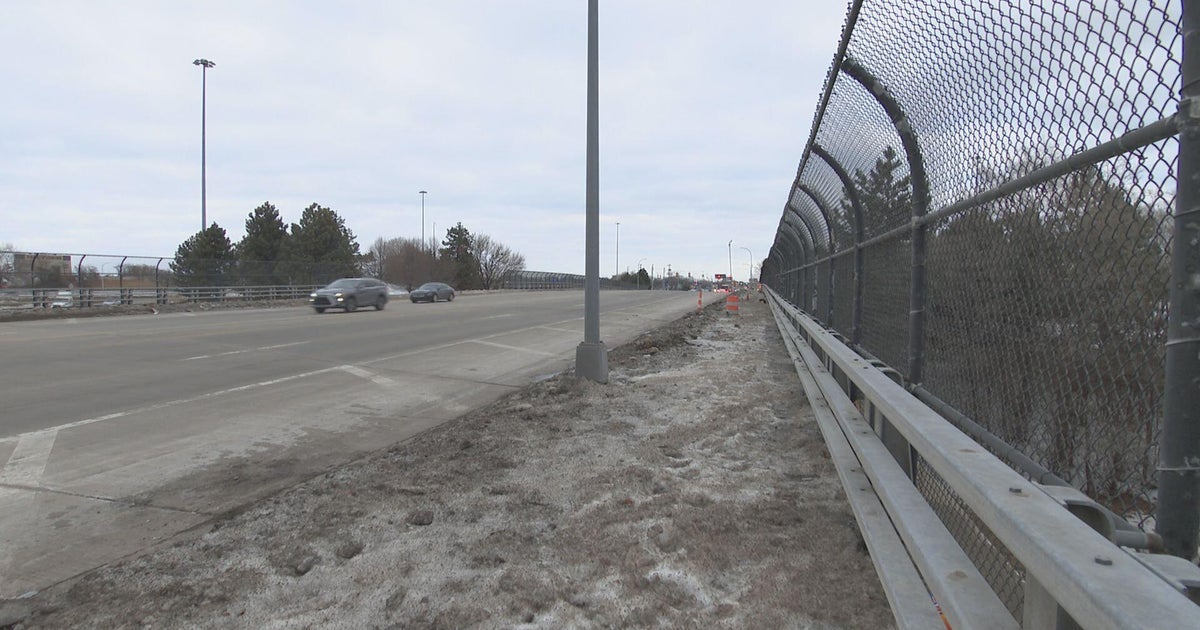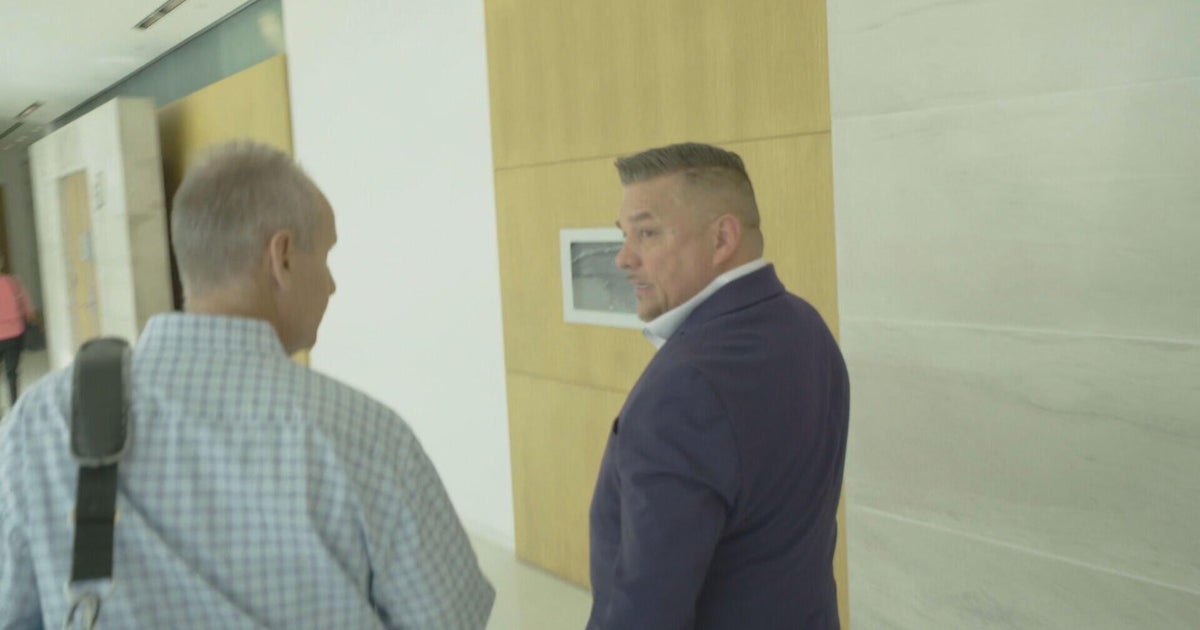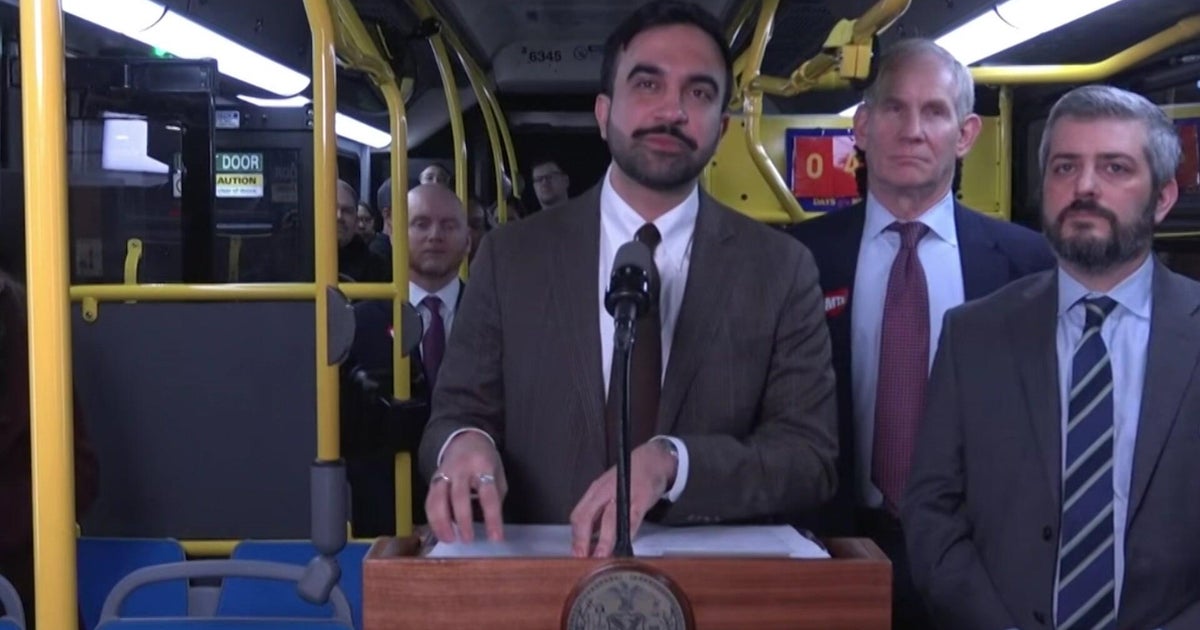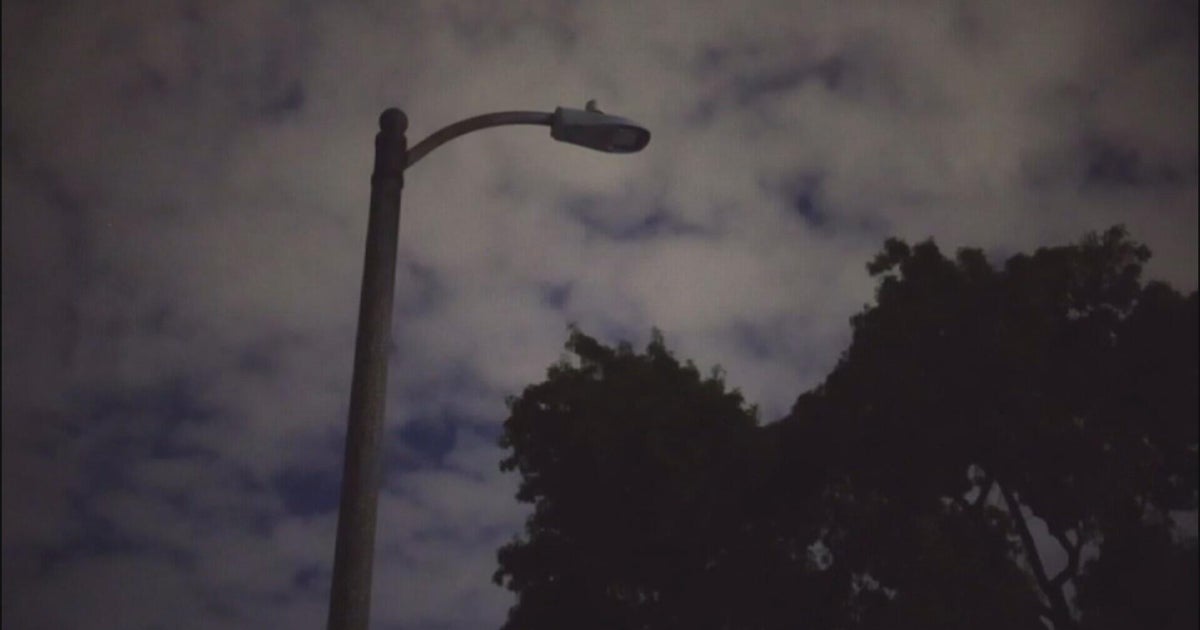United Center's 1901 Project aims to transform Chicago's West Side
CHICAGO (CBS) — Chicago's West Side is about to undergo some significant changes as the owners of the United Center announced plans to transform the neighborhood around their venue. The project is described as ambitious and expensive.
It's called the 1901 Project, referencing the United Center's current address along Madison Street. Anyone who has ever been on the West Side of town knows about the United Center and the parking lots surrounding it.
Those lots are a major part of the $7 billion development.
"We think the time now is right, and the city is ready for it, and we're ready to do it and do it well," said Danny Wirtz, Chairman and CEO of Chicago Blackhawks.
These are big words and part of an even bigger plan.
The Reinsdorf family, which owns the Chicago Bulls, and the Wirtz family, which owns the Chicago Blackhawks, announced what they said is the largest private investment ever on Chicago's West Side to make it a world-class destination.
"It's gonna show the world that Chicago continues to be the entertainment capital of the world," said Terry Savarise, CEO of United Center.
According to the plans, the 1901 Project would transform the neighborhood around the United Center. Renderings unveiled Tuesday outlined the significant upgrades planned for the West Side, which would utilize parking lots and other surrounding properties.
The development includes a 6,000-seat theater-style music hall, innovative greenspace providing 10 acres of public recreational and community space, multiple dining and retail options, and approximately 5,000 mixed-income housing units.
"We have committed to a minimum of 20% affordable as part of that," Savarise said.
"This is designed to connect community to nature to create space, place, and purpose for all to enjoy," Wirtz said.
By the numbers alone, the project aims to revitalize and boost the local economy, with 63,000 construction jobs that will eventually become 12,000 permanent jobs on the site.
They forecast an annual economic impact of $4.5 billion. The project, which has a construction timeline of 10 years, will rely heavily on private funding.
Owners are even committing to not seeking help from the state.
The 1901 Project will take shape in several phases, with the first one including the construction of the music hall – which will start as early as the beginning of next year, and it's all pending approval from the city council.

